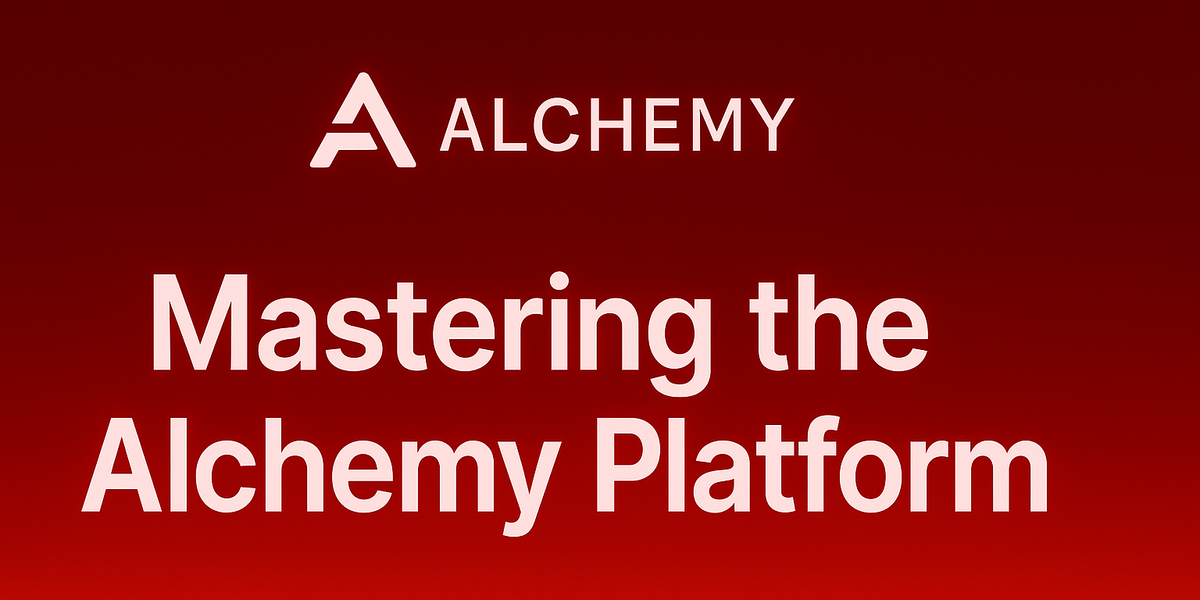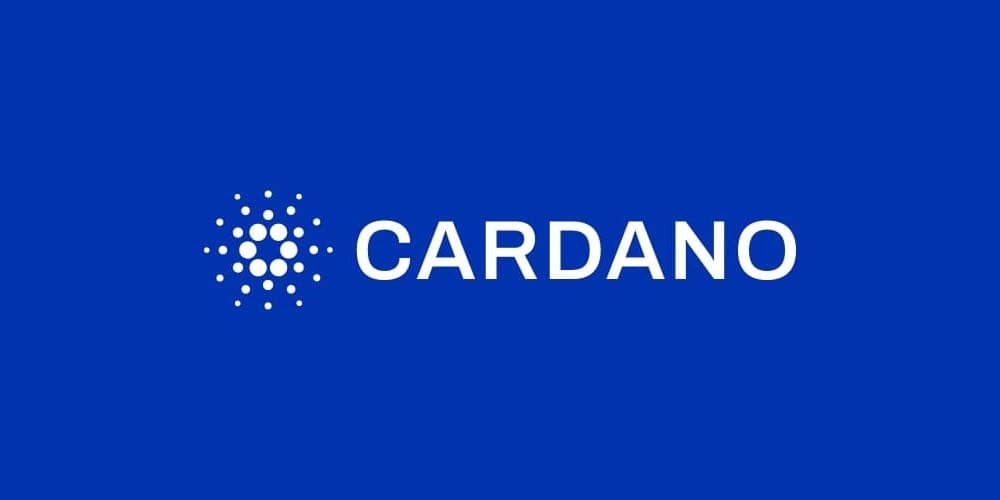BlackRock, the world’s largest asset manager, has taken a significant step forward in integrating blockchain-based financial solutions into traditional markets. The firm’s tokenized U.S. Treasury fund, BUIDL, has now surpassed the remarkable milestone of $1 billion in assets under management. This growth has been partly fueled by a major $200 million allocation from Ethena, a crypto-focused protocol. The fund’s expansion highlights the increasing adoption of tokenization in traditional finance, providing new opportunities for institutional investors.
BUIDL’s success reflects a broader trend in the digitization of financial assets. The tokenization of traditional securities, such as U.S. Treasuries, enables greater efficiency, transparency, and accessibility within financial markets. By leveraging blockchain technology, BlackRock is leading the charge in transforming conventional investment frameworks, ensuring faster settlement times and lowering the barriers for institutional participation in these instruments.
The Significance of the BUIDL Fund
BlackRock’s BUIDL fund is a pioneering product that exemplifies the evolution of financial instruments toward blockchain-based solutions. Tokenizing traditionally secure and conservative asset classes, such as U.S. Treasuries, marks an important shift toward innovation in financial services. Developed in collaboration with Securitize, BUIDL stands as a strong example of the reliability of blockchain-powered investment vehicles.
By backing BUIDL with U.S. government bonds, BlackRock provides investors with both high levels of security and the benefits of distributed ledger technology. This combination not only enhances liquidity but also ensures that investors can trade these digital assets more efficiently. Additionally, the use of blockchain networks for BUIDL transactions reduces settlement times and streamlines processes, eliminating the need for traditional intermediaries in financial transactions.
The advantages don’t end with efficiency; digital-native investors now have greater flexibility in how they access and manage their exposure to U.S. Treasuries. Unlike traditional bond funds, which involve lengthy settlement periods and complex intermediaries, tokenized assets such as BUIDL operate around the clock, offering improved accessibility and reduced counterparty risk.
Ethena's Role in BUIDL's Growth
Ethena has emerged as a key player in BUIDL’s rapid expansion by minting $200 million worth of BUIDL tokens. This move signals a broader institutional endorsement of tokenized securities and blockchain-based financial infrastructure. By allocating such a substantial amount to BUIDL, Ethena reinforces the idea that digital finance is not just a niche segment but a vital part of the future of institutional investments.
The addition of BUIDL as collateral on multiple trading platforms further underscores its utility as a bridge between crypto markets and traditional finance. Traders can now leverage BUIDL in various financial applications, improving liquidity while ensuring lower-risk exposure through its backing by U.S. Treasuries. As institutional firms like Ethena deepen their involvement in tokenized assets, confidence in blockchain as a secure and efficient infrastructure for financial transactions continues to grow.
BUIDL’s versatility extends beyond mere investment utility. As more financial institutions integrate tokenized assets into their portfolios, a robust and reliable foundation for blockchain-powered finance is being built. This movement is paving the way for the adoption of tokenized instruments beyond niche crypto communities and into mainstream financial strategies.
The Future of Tokenized Financial Markets
Tokenization is not limited to government-backed bonds. Industry leaders predict that in the coming years, we will witness enhanced tokenization efforts in areas such as private credit, corporate bonds, and structured financial products. These developments will provide more decentralized access to financial securities, ushering in a new paradigm of increased flexibility, liquidity, and transparency.
The $4.2 billion market capitalization of tokenized Treasury products is clear evidence of this financial transformation. As blockchain technology continues to mature, the integration of tokenized financial instruments into mainstream banking and investment strategies will likely accelerate. BlackRock's embrace of these technologies marks a crucial point in the evolution of finance, and other major financial firms may soon follow suit.
Industry leaders, such as Guy Young from Ethena, emphasize that tokenized assets are at the core of the financial industry's shift toward decentralized solutions. By leveraging blockchain, institutions can eliminate inefficiencies in traditional securities markets, improve accessibility for investors worldwide, and automate complex financial transactions with minimal friction.
Traditional Finance vs. Blockchain Innovation
While blockchain technology offers undeniable benefits, traditional financial institutions still express hesitation regarding its widespread adoption. Skeptics argue that regulatory uncertainty, compliance challenges, and cybersecurity risks could slow the mainstream acceptance of tokenized financial products.
However, as BlackRock’s successful launch of BUIDL demonstrates, major institutional players are beginning to embrace the potential of blockchain-powered finance. By working with partners like Securitize, BlackRock is proving that tokenization can be harmonized with traditional regulatory compliance frameworks, providing the best of both worlds.
Despite reservations from conservative financial entities, blockchain-powered securities offer advantages that cannot be ignored. The ability to facilitate near-instantaneous settlements, lower costs, and increase market accessibility positions blockchain technology as an inevitable force in the future of financial systems. If regulatory bodies support and adapt to this innovation, mass institutional adoption will likely follow.
Conclusion
The surpassing of the $1 billion mark by BlackRock’s BUIDL fund is a historic milestone in the financial industry. It is a strong indicator that blockchain-based assets are no longer experimental but are becoming an integral part of institutional investment strategies. As regulatory bodies refine policies and institutional confidence in blockchain technology strengthens, tokenization may redefine global capital markets permanently.
With financial powerhouses like BlackRock and Ethena leading the charge, the next few years could usher in unprecedented blockchain adoption across traditional financial systems. If this trend continues, blockchain-backed financial instruments may soon become as commonplace as conventional securities, reshaping the global financial infrastructure for years to come.





Comments